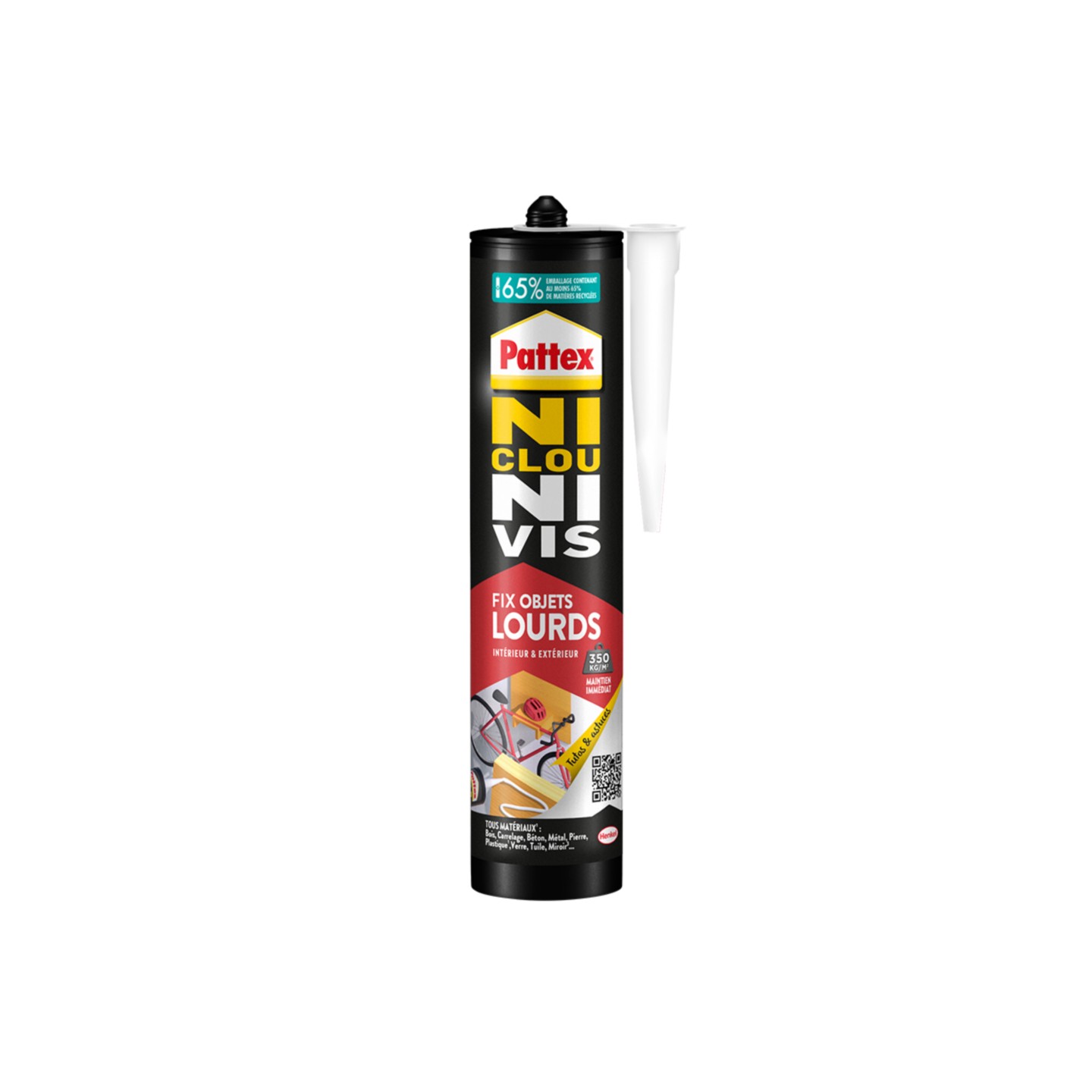Polymers, Free Full-Text
Por um escritor misterioso
Last updated 17 junho 2024

An ecological mortar is designed from industrial sub-products, with the objective of utilizing both the slag residues, generated during steel manufacturing processes, and the waste from Polyurethane Foam (PF) panels, generated during refrigerator chamber manufacturing processes. The ecological mortar design involves the dosing of Electric Arc Furnace (EAF) slag, together with finely ground Polyurethane Foam, cement, and additives. An energy efficient prefabricated block is designed with the mortar, for use in construction, and its energy performance is assessed as a material inserted within the envelope of a service sector (hospital) building, either as an exterior skin, or as an enclosing component within the façade interior. The main contribution of this research is the characterization of the thermo-physical and mechanical properties of a new prefabricated panel made with recycled materials. The full characterization of the properties of these new materials is presented and discussed. The new prefabricated panel demonstrates adequate thermo-mechanical characteristics as a substitute for traditional materials, while improving the sustainability of the building. As a secondary objective, the energy behaviour of the new panels when integrated in a real building is presented by means of a case study simulation. The use of computational thermal simulation confirmed that the properties of the prefabricated block influenced the annual thermal demand of the building for heating and cooling. Improvements to the thermal inertia of the building envelope were also confirmed with the inclusion of PF waste, giving the mortar an energy performance that was similar to conventional materials, in such a way that its use in façade construction may be validated, in addition to its environmental benefits, due to it having been manufactured with critical recycled industrial waste such as EAF slag and PF, thereby contributing to both the circular economy and sustainable development.
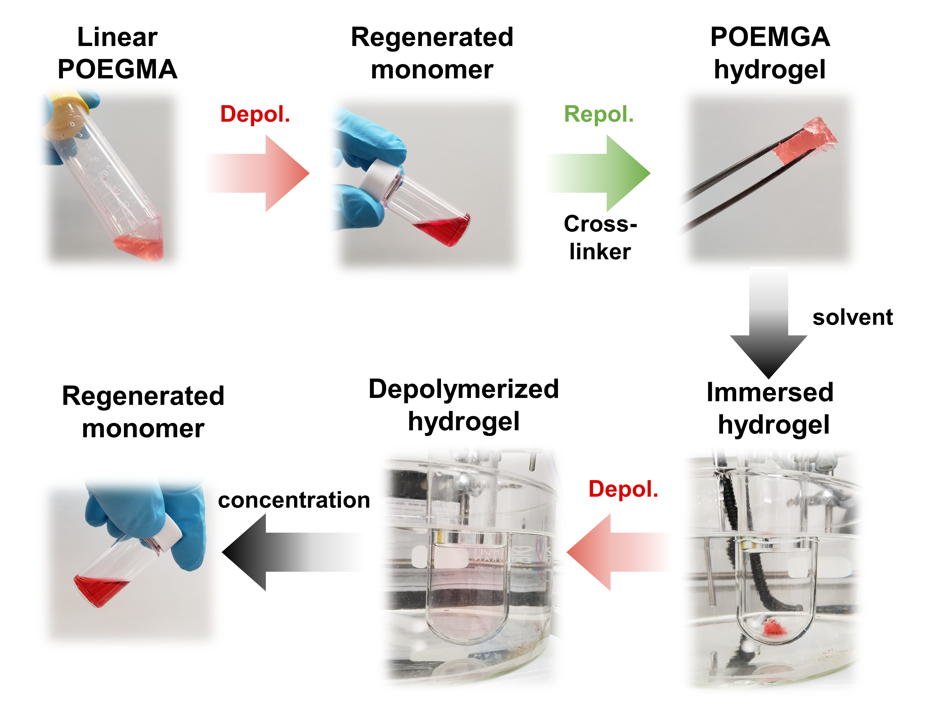
Catalyst-Free Depolymerization of Polymers Synthesized by Controlled Radical Polymerization
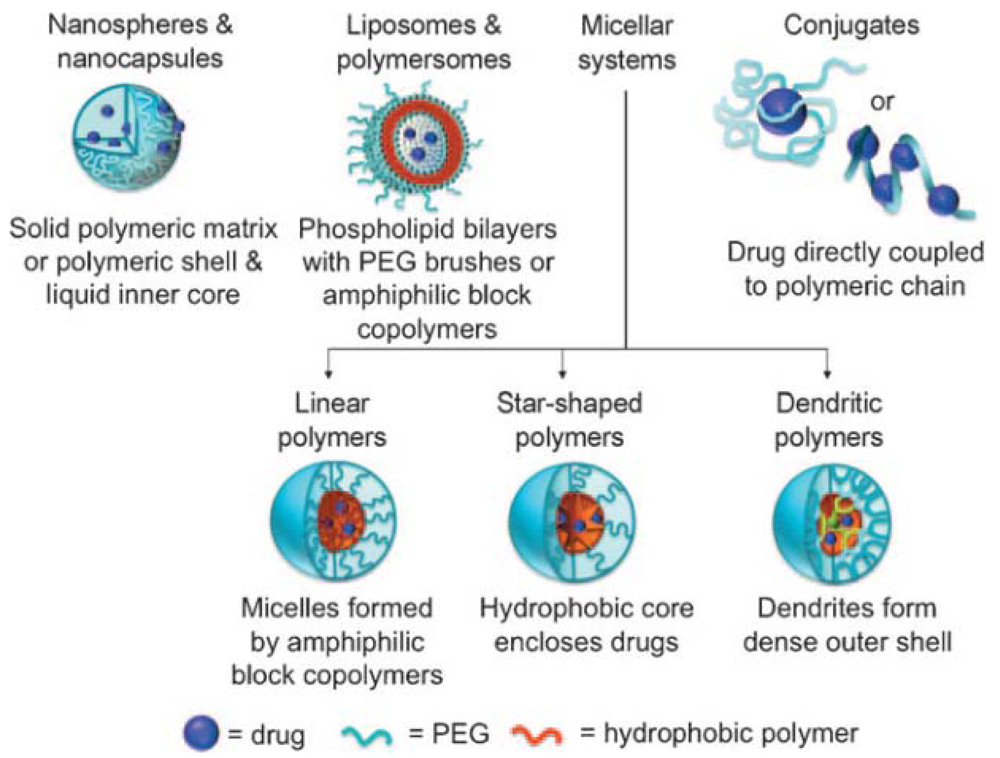
Polymers, Free Full-Text

Polymer-Plastics Technology and Materials: Vol 63, No 3 (Current issue)
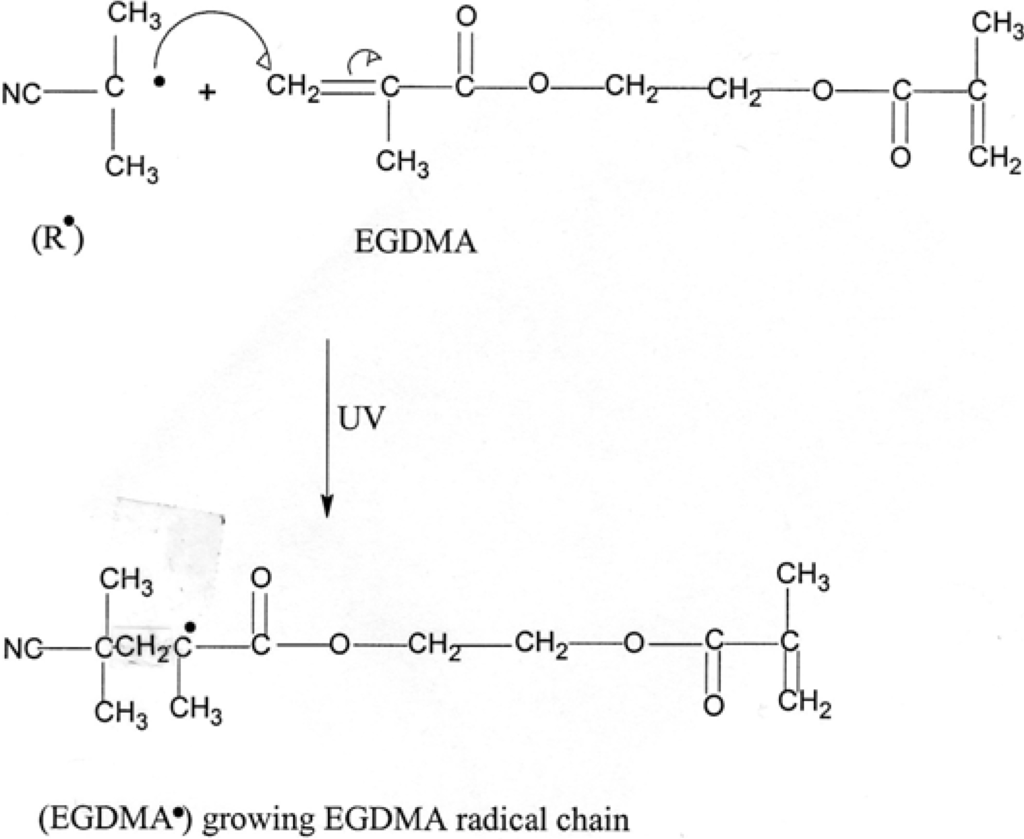
Polymers Free Full-Text Synthesis Of Ethylene Glycol Dimethacrylate-Methyl Methacrylate Copolymers, Determination Of Their Reactivity Ratios, And A Study Of Dopant And Temperature Effects On Their Conductivities
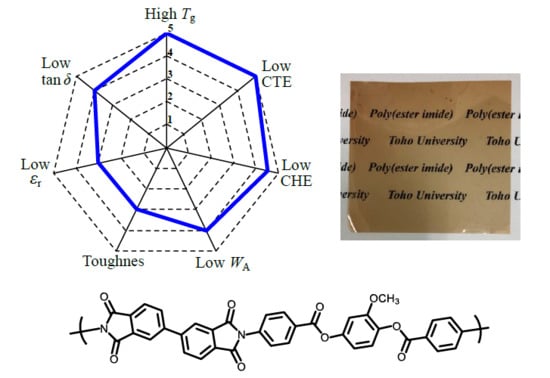
Iec 62810 Get File - Colaboratory
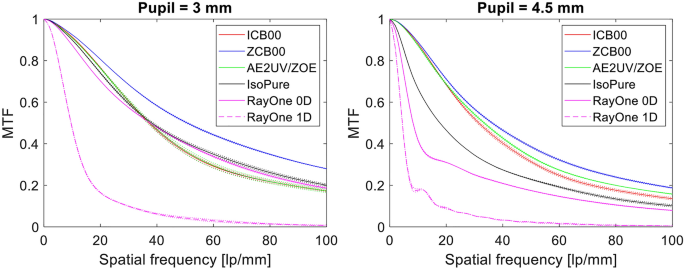
Polymers Free Full-Text Current State Of The Art And Next, 44% OFF

Study on polymerization of bio-based isosorbide monomethacrylate for the formation of low-Tg and high-Tg sustainable polymers - ScienceDirect
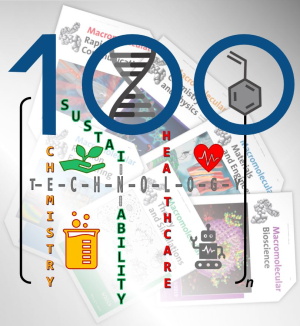
Polymers for the Future: Macromolecular Chemistry and Physics

The mechanism of free-radical polymerization of vinyl chloride monomer

Polymers

Polymer Reviews: Vol 63, No 4 (Current issue)

100th Anniversary of Macromolecular Science Viewpoint: Redefining Sustainable Polymers
Recomendado para você
-
Blox fruits mods for roblx – Apps no Google Play17 junho 2024
-
Blox Fruits Codes (December 2023) - Roblox17 junho 2024
-
 Códigos do Blox Fruits – EXP e bônus de dinheiro em Outubro 2023. - MMORPGPLAY17 junho 2024
Códigos do Blox Fruits – EXP e bônus de dinheiro em Outubro 2023. - MMORPGPLAY17 junho 2024 -
 Brazilian-American Chamber of Commerce17 junho 2024
Brazilian-American Chamber of Commerce17 junho 2024 -
 Códigos de Blox Fruits para resgate em (janeiro de 2023) - Geek Ninja17 junho 2024
Códigos de Blox Fruits para resgate em (janeiro de 2023) - Geek Ninja17 junho 2024 -
 código de double xp no block city17 junho 2024
código de double xp no block city17 junho 2024 -
 Knockout City Roadmap Announces New Map, A Brand New Ball & More17 junho 2024
Knockout City Roadmap Announces New Map, A Brand New Ball & More17 junho 2024 -
 engineering17 junho 2024
engineering17 junho 2024 -
 TROPICAL ZONE WARS - Fortnite Creative Map Code - Dropnite17 junho 2024
TROPICAL ZONE WARS - Fortnite Creative Map Code - Dropnite17 junho 2024 -
 Codes Blox Fruits: lista com todos os códigos! (2023) - Clube do Vídeo Game17 junho 2024
Codes Blox Fruits: lista com todos os códigos! (2023) - Clube do Vídeo Game17 junho 2024
você pode gostar
-
 DRAWar.io - Play DRAWar io on Kevin Games17 junho 2024
DRAWar.io - Play DRAWar io on Kevin Games17 junho 2024 -
 Cockatrice - Wikipedia17 junho 2024
Cockatrice - Wikipedia17 junho 2024 -
![Earn to Die 2 Mod apk [Unlimited money] download - Earn to Die 2](https://i.git99.com/upload/android/icon/2023/11/21/b450eeac987073202eefa5bbaf1bb9d6.jpg) Earn to Die 2 Mod apk [Unlimited money] download - Earn to Die 217 junho 2024
Earn to Die 2 Mod apk [Unlimited money] download - Earn to Die 217 junho 2024 -
 Project Zomboid BUNDLE + Dying Light 2 BUNDLE · BundleID: 3038017 junho 2024
Project Zomboid BUNDLE + Dying Light 2 BUNDLE · BundleID: 3038017 junho 2024 -
Ni Clou Ni Vis Fix Objets Lourds17 junho 2024
-
 Pixel Piece Codes - December 2023 - Playoholic17 junho 2024
Pixel Piece Codes - December 2023 - Playoholic17 junho 2024 -
 Handshake Emoji coloring page Free Printable Coloring Pages17 junho 2024
Handshake Emoji coloring page Free Printable Coloring Pages17 junho 2024 -
 Wizards of The Coast - 2 Graded card - KANGASKHAN EX Full Art & Holo - UCG 10 - Catawiki17 junho 2024
Wizards of The Coast - 2 Graded card - KANGASKHAN EX Full Art & Holo - UCG 10 - Catawiki17 junho 2024 -
 Best Smart Body Weight Scale, Digital BMI & Body Fat Scale17 junho 2024
Best Smart Body Weight Scale, Digital BMI & Body Fat Scale17 junho 2024 -
 Pony Poki Panic 2023 by CallMeDoc on DeviantArt17 junho 2024
Pony Poki Panic 2023 by CallMeDoc on DeviantArt17 junho 2024

